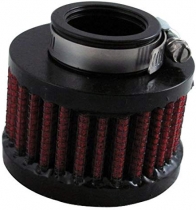-
Welcome to Tacoma World!
You are currently viewing as a guest! To get full-access, you need to register for a FREE account.
As a registered member, you’ll be able to:- Participate in all Tacoma discussion topics
- Communicate privately with other Tacoma owners from around the world
- Post your own photos in our Members Gallery
- Access all special features of the site
it is bad if I put oil 10w 30 in my 2009 toyota Tacoma
Discussion in '4 Cylinder' started by elfuerte, Mar 31, 2009.
Page 3 of 3
Page 3 of 3


 Possible to get a decent winch w/o new bumper?
Possible to get a decent winch w/o new bumper?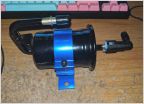 2TR-FE fuel filter mod. WITH PICS!!
2TR-FE fuel filter mod. WITH PICS!!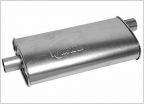 Dynomax super turbo muffler?
Dynomax super turbo muffler?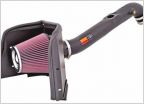 Help with my 4 banger please
Help with my 4 banger please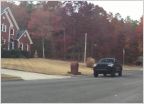 Which exhaust for the 2016 2.7?
Which exhaust for the 2016 2.7?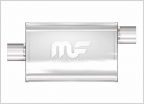 Best Exhaust Choice
Best Exhaust Choice















